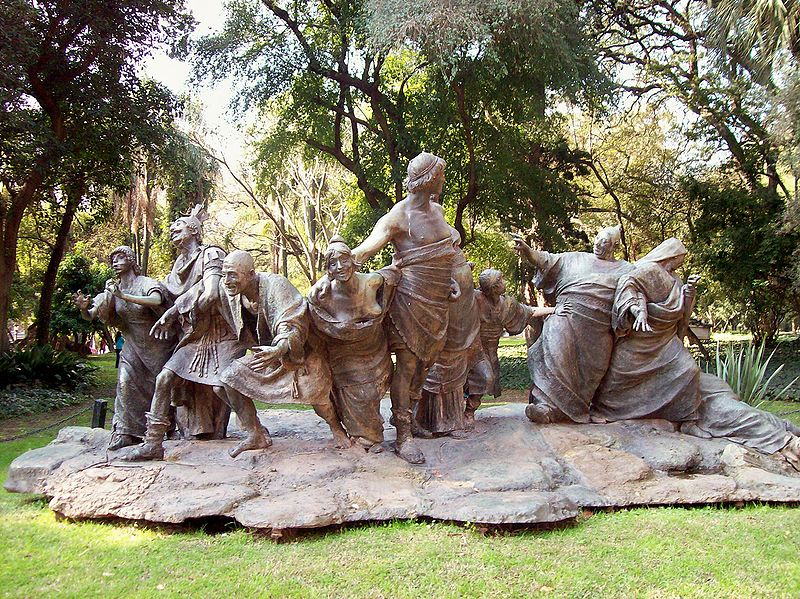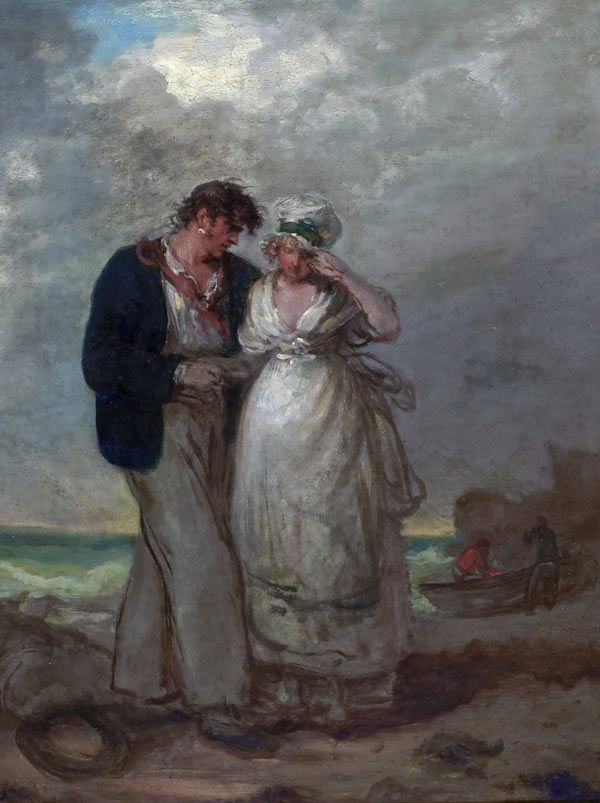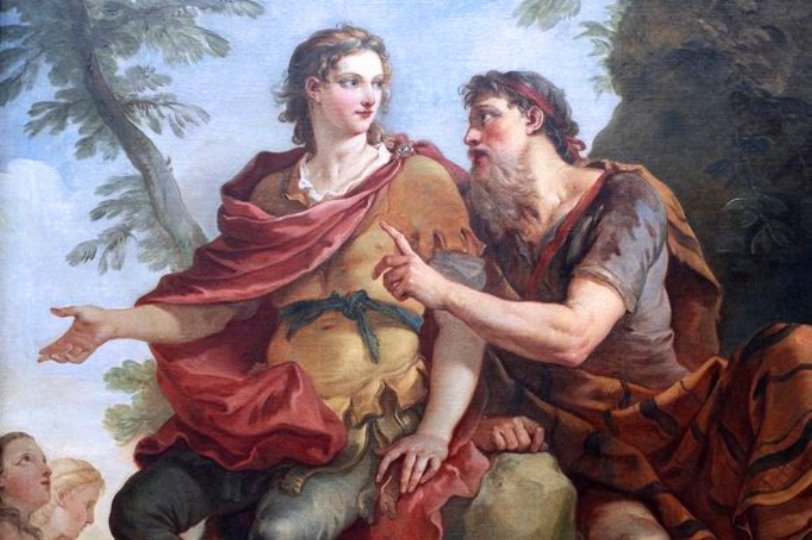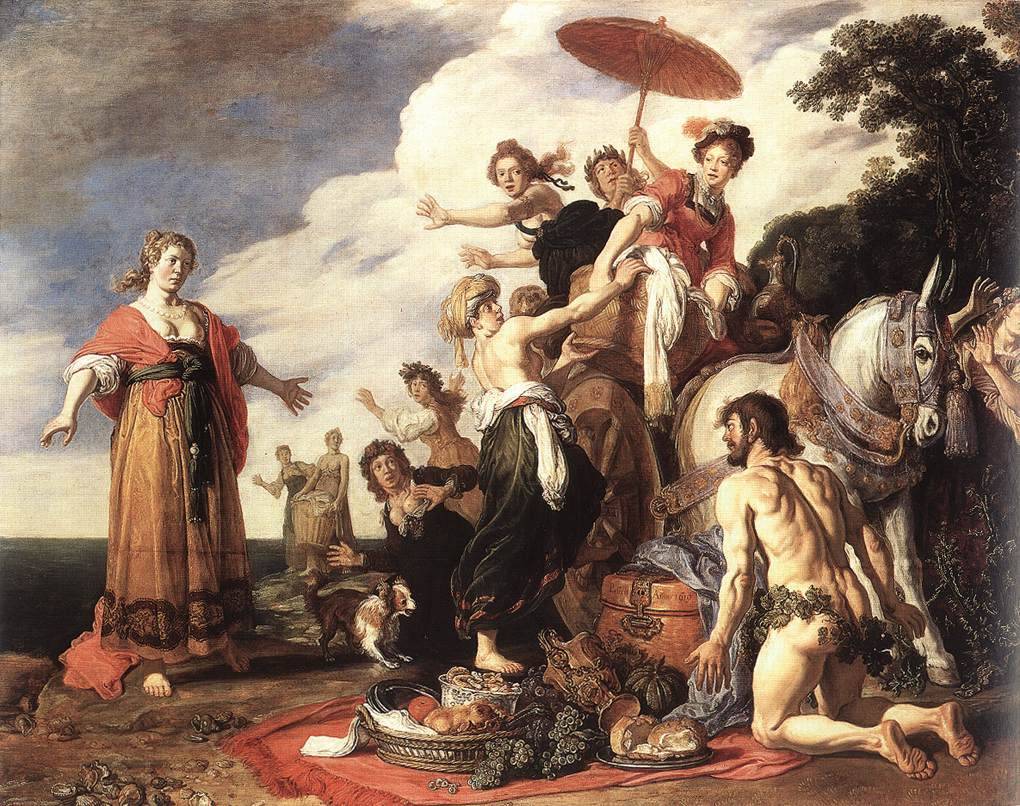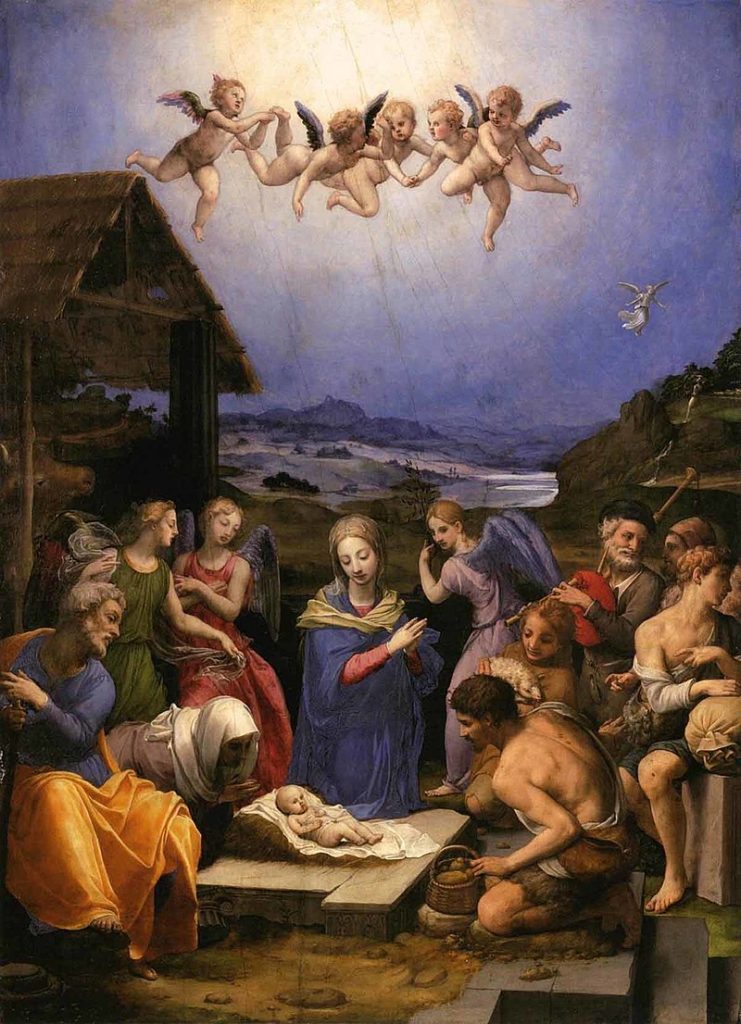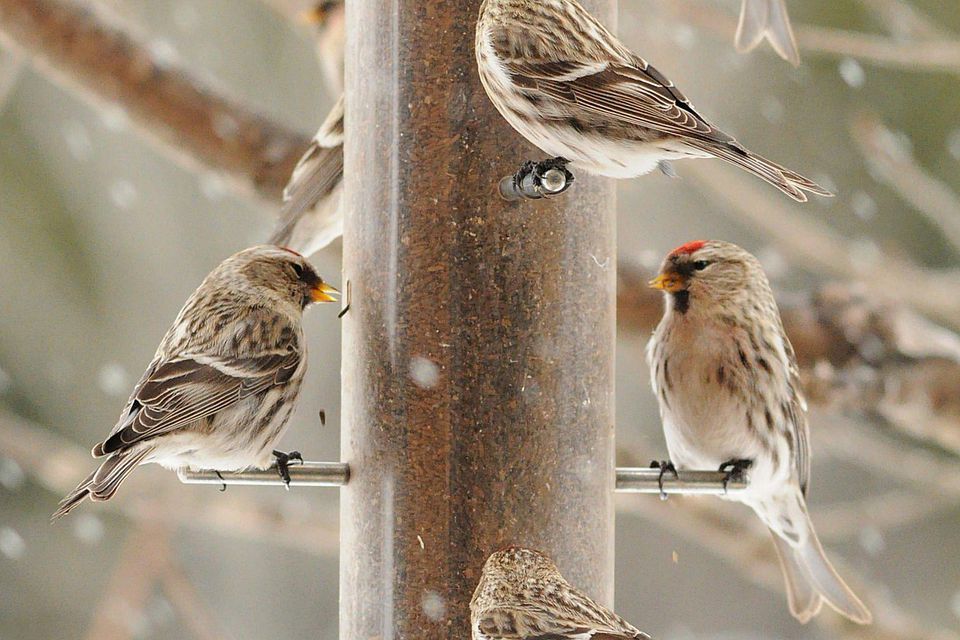
Thursday
The Washington Post just ran an extensive article about Georgia Southern University students burning Cuban American author Jennine Capó Crucet’s memoir Make Your Home Among Strangers, assigned to all first-year students to raise racial awareness. As one who grew up in the segregated south and who has spent much of his professional life working to raise racial consciousness (my own as well as that of my students), I find the story to be both heartbreaking and familiar.
One student comment stood out to me. While not among the book-burners, the student defended them, opining,
She [Crucet] made a lot of assumptions about white people in general. I didn’t choose my race. It’s not my fault I’m white.
I feel this student’s pain. It’s horrible when strangers make negative assumptions about you. But here’s the thing. This pain, which led students to burn books, is a pain that people of color experience daily. Privilege lies in being regarded as an individual, not as a race, and many minorities are seen mainly through the race lens.
They would much rather be accepted for who they are and not have to think about their race or ethnicity. In other words, they would love to be privileged.
If we can get white students to understand this, major breakthroughs are possible.
Simply calling white students privileged or racist doesn’t work, however. Or rather, it works only with those sensitive souls who are already willing to engage in tough introspection. While I treasure such students, we need to extend the dialogue to a wider audience if we are to achieve social justice.
Literature is a particularly powerful tool in this endeavor. The best novelists, poets and dramatists of color (and not just of color) can present people of all races in their full complexity. Because “the poet, he nothing affirms” (Sir Philip Sidney), a great novel, poem or play doesn’t appear to have any agenda other than moving beyond conventional beliefs and listening to the deepest parts of ourselves.
To cite the novel I will be teaching this coming semester in Sewanee’s Composition/Literature course (focus: Identity Struggles), Toni Morrison’s Song of Solomon features a series of black characters, some of whom are justifiably angry but unhinged (Guitar), some of whom are spiritually dead (Macon Dead), some of whom are lost (Hagar), and some of whom are intent on finding themselves (Milkman). White students and black students alike respond positively to the novel, but my white students, in addition to identifying with Milkman’s existential search for meaning, also get glimpses into the black experience. It’s harder to reduce African Americans to narrow preconceptions after intense immersion in a Morrison novel.
When I teach Lucille Clifton (I will include some of her poems in the course), I often point out how much richer and more colorful life becomes once you move beyond stereotypes. When you are no longer a slave to your fears, I tell them, everything becomes multi-dimensional. Not only do other people become more interesting, but you discover new aspects of yourself.
My former colleague Jeff Coleman, who teaches Minority Lit at St. Mary’s College of Maryland, is always careful to include an ethnic author (say, Korean-American) that is unrepresented amongst the students taking the class. That way, everyone is entering unknown waters together. Back when I used to teach the course, I still remember an African American student finding herself sounding like the white students when we were studying Laguna Pueblo author Leslie Marmon Silko. It was a real revelation to her.
Even before the Charlottesville Nazi demonstration, Trump’s inflammatory language, and the recent rise in hate crimes, we had Trayvon Martin shot by a vigilante, Charleston parishioners killed by someone trying to start a race war, and numerous innocent African Americans gunned down by police who regarded them as threatening. The health of our republic depends on our acknowledging and valuing our diversity.
College can provide the necessary education if it does it right.
